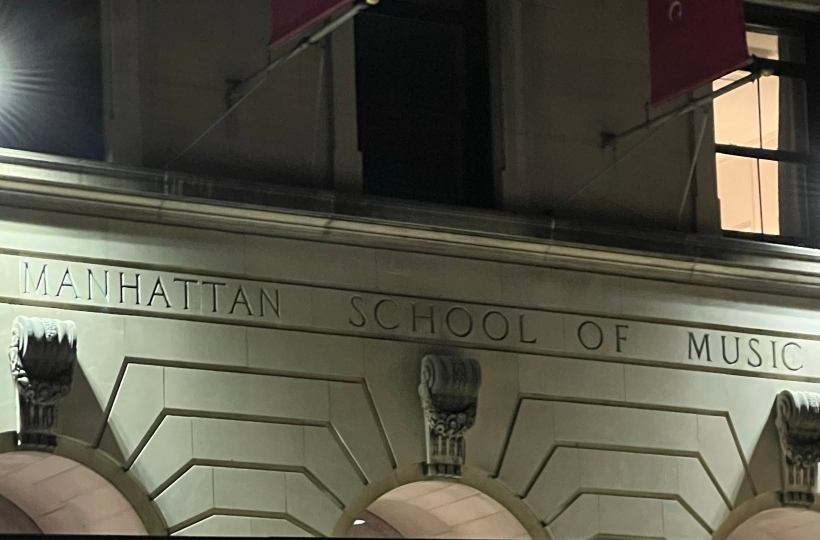Late at night I’m listening to music. I’m not writing. I’m not reading. I’m not searching authors and literary awards. I’m not thinking about how to approach my next story—what story should be told, what it means to me, why it matters.
I’m listening to music. The oldest of the music that changed me forever, made me want to cling for dear life to whatever I knew, whatever I had at the time to understand why the life I live would mean something to myself and others who would share my oxygen.
I went two years without listening to music. The sound of it, the sound—sound—hurt too much. That thing that I had learned for decades how to channel. Sound being more than what ears hear, but what minds crave. When my mind, because of music, escaped me, sound began to destroy me. Not music, but sound all by itself begging to be organized into something that could speak.
And now that I write, sound is all I can form into sentences. Words have started to escape me yet hold me hostage. I wanted words to free me and now all I can write is harmony. What does it sound like, is all I can ask when I write a sentence. What does it sound like?
I remember when sound eviscerated me, scraped my insides down to only blood vessels, no organs to pump my blood. Sound made me weak—more than weak: skeletal. I was defeated, humiliated, dehumanized by what I had for years waged war against and conquered.
Now—right now—and also the now of so many nights past, I yearn, sacrifice on the altar for my ability to hear the words that form in my skeletal psyche. I gain all control then lose it over and over again when a sound sizzles and steams above my consciousness. It doesn’t need me anymore; it waits for me to come to it, slows down for me to catch it, reach for it, slam it down under my palms and stomp it under my feet.
And I do. I do trample it. I shatter it into shards reflecting slices of myself sharp on every edge, prickling my skin at the touch of them with barely visible sprinkles of blood where the callouses on my hands once formed.
Words are for speaking. I’m tired of hearing my own voice. Late at night, I want to sit still. I want to listen.


